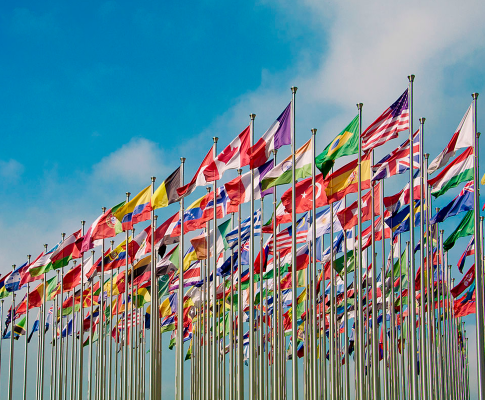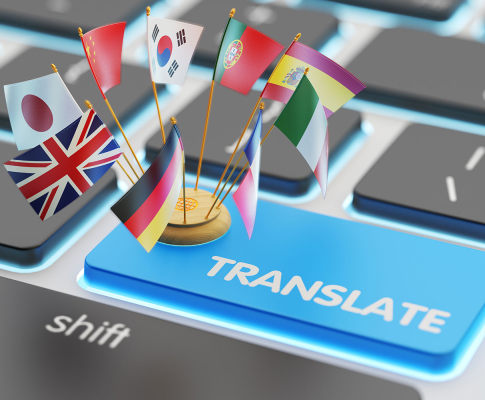Features of the national mentality affect only the perception of information, but also the arguments for making decisions. Many translators english to russian, especially freelancers, are actively looking for clients not only in Russia, but also abroad. How does the interaction of an interpreter with a customer depend on his, the customer, nationality?
According to the reviews of translators working with Russian and foreign clients, we have chosen for you the differences that determine the attitude to the resume and qualifications of a translator in Russia and Europe and the USA. Given these features, a novice specialist can significantly increase his demand in the translation market.
Attitude towards the education of a translator
When choosing an interpreter in Russia, the customer does not always directly focus on the diploma of a specialist. We understand that an average higher education does not speak of you as a good specialist. It is necessary to have sufficient work experience, and in the process of this work to prove more than once that you are worth something.
At the same time, we still distinguish between education received abroad or in such reputable universities as MGIMO or MSLU.
A European shows a completely different interest in education. He will always study your diploma with curiosity and attentiveness. He will take an interest in what your specialty means, what relation it has to the topic of translation. And you are unlikely to be able to convince him that the crust is not the main thing, the main thing is your knowledge. Foreigners understand that in order to test your competence, they must know the language better than you, so they completely trust the document.
Well-known companies and brands
According to some translators, the experience of working with well-known companies listed in the resume has a greater impact on Russian customers than on European ones. Well, according to our understanding, a bad specialist cannot work for well-known names and prosperous brands. At the same time, sometimes, on the contrary, big names can scare away an ordinary ordinary customer. He may consider that a specialist working with such masters is beyond his means.
If Russians generally perceive advertising themselves through brands as an unconditional guarantee of quality, then Europeans still want to see other evidence of competence.
Membership and certificates
And such proof for them is membership in professional communities. On foreign freelance exchanges, the rating of a specialist often directly depends on which associations and unions he is a member of. Compare with Russian exchanges, where the growth of the rating is influenced primarily by positive customer reviews.
The presence of certificates from a foreign specialist is a sign of his good preparedness. The desire for continuous professional development is valued by foreigners not only in the translation environment, but also in all professional areas.
The difference in the perception of membership here, perhaps, depends on the fact that we initially put different requirements into this concept. Being a member of a Russian association means having a membership card, paying dues and sometimes, if desired, attending events held by the society. Membership in foreign associations implies mandatory certification and can be easily lost without passing the qualifying exam. Participation in the activities of the association there implies constant professional development.
Reviews and recommendations
Potential foreign customers are scrupulous about the recommendations of the translator’s former clients. Often they use the contacts of past customers listed in the resume and turn to them with direct questions. They are interested in whether they liked the cooperation, whether they are satisfied with the results of the work, whether you are punctual.
Focusing on a foreign client, include in your resume the contacts of several people who can give you recommendations.
Russian customers carefully study the reviews left on the sites, but almost never double-check them. Reading a review, they evaluate not only its essence, but the author. In our opinion, it is good when a representative of a well-known company or a high official leaves a review. If a person of this level took the time to express his gratitude for the cooperation, then this specialist is really worth it. For the same reason, the attitude towards the translator and the reviews of foreign customers have a positive effect.
In conclusion, one more note from translators working with foreigners. If you want to give the impression of a professional, refrain from jokes and witticisms. Especially in resumes and letters with offers of cooperation. Not always an unfamiliar addressee, brought up on a different mentality, can appreciate your humor. Rather, it will create an image of a frivolous person in him.



